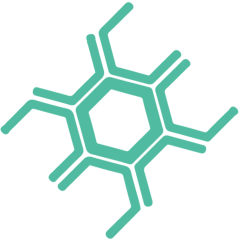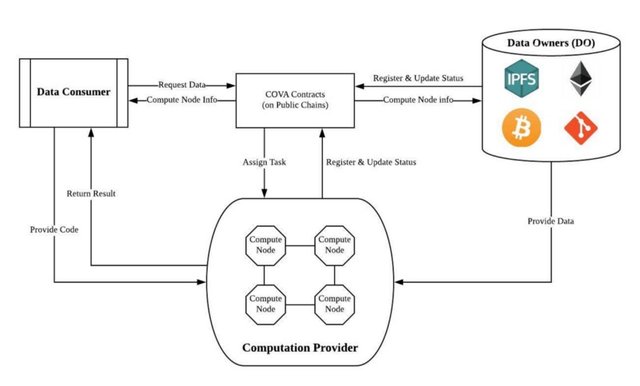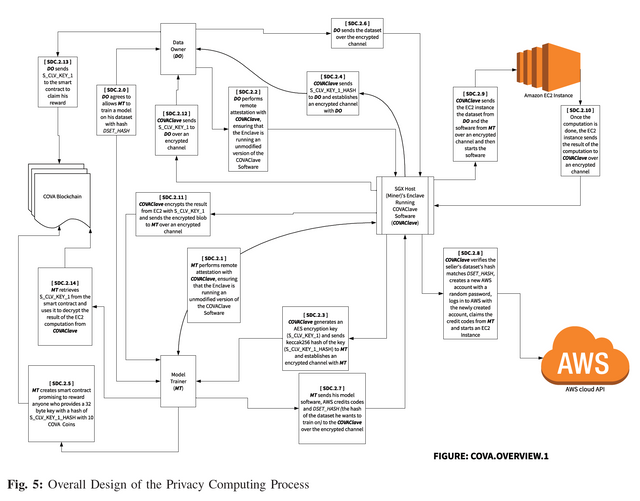Cova - Smart Policy Internet
Every day, we surf the internet. We log on to Facebook, Twitter, our emails, blog site etc. basically giving our information to others for use. Our life has been made public by the internet to the point that our personal data can be used by anyone without us knowing how they got it or what they are being used for. Recently there was an allegation against an ICO, they created a fake team with pictures of individuals from all over the world, the pictures were gotten from dating sites, public profiles, their pictures where been used for scam while they were somewhere innocently carrying out their daily activities.
What is Covalent.ai?

Covalent.ai is a smart policy platform that wants to limit the way users data are being used inappropriately, the smart policy is basically for securing users data making sure users specify who can have access to their data, what it can be used for and how the data can be accessed. This smart policy is going to be specified in programming language and enforceable by codes.
Examples of usage policies can be
- I want my Facebook profile photo not to be downloaded by anybody
- My WhatsApp group message can only be viewed by 2 people.
- My ATM card details should not be shared with any site.
Don’t forget that those are just fictions but can turn into reality if covalent.ai become successful with their implementation.

Covalent.ai will be using both the hardware and software approach in implementing the smart data internet.
On the hardware, this is the lower layer of the Trusted Execution Environments (TEE). The TEE nodes were created first so that it could provide trusted amount of computing power so we could be able to make very important assumptions about program behavior of important supervisor programs which in turn provides a wide range of tools for policy definition with also enforcements available to the upper layer.
The software has to do with the upper layer of the Policy Specification Language (PSL) and Policy Enforcement Framework (PEF). The PSL uses programming languages to specify data usage policy while the PEF enforces the PSL through code.

The private testnet was recently released for testing, interested technologist and investors can apply by sending a mail to [email protected]. The private was built based on these four components:
CovaClave: With the help of a graphene-sgx OS running on the top of Intel SGX hardware platform, this creates a secure software enclave that runs software with the assurance that no hardware host will intervene. With this user can be assured of a trusted party that provides both security and anonymity.
Secure Server: To tap into unrestricted scaling possibility, a spawning mechanism for secure and anonymous server spawning was implemented. Trust from human to conclave are transferred so a server can be securely spawned. Covalent.ai also take proper care of the servers in order to prevent any hypervisor attack.
Secure Models: A set of python wrappers written on top of sklearn library was designed in order to generate a privacy-preserving policy and proving claim of scalability.
CovaChain: A decentralized, distributed ledger that runs BigchainDB on Tendermint for the creation of Byzantine fault-tolerant state machine.
• Follow COVA’s Official Telegram Group: https://t.me/covalentofficial
• Follow COVA’s twitter: https://twitter.com/@covatoken
• Follow COVA’s Medium: https://medium.com/@covatoken
• Learn more about COVA on our website: https://covalent.ai
• Read COVA’s white paper: https://github.com/covalent-hq/wiki/wiki